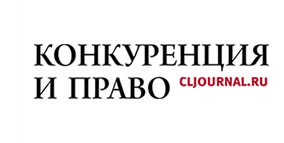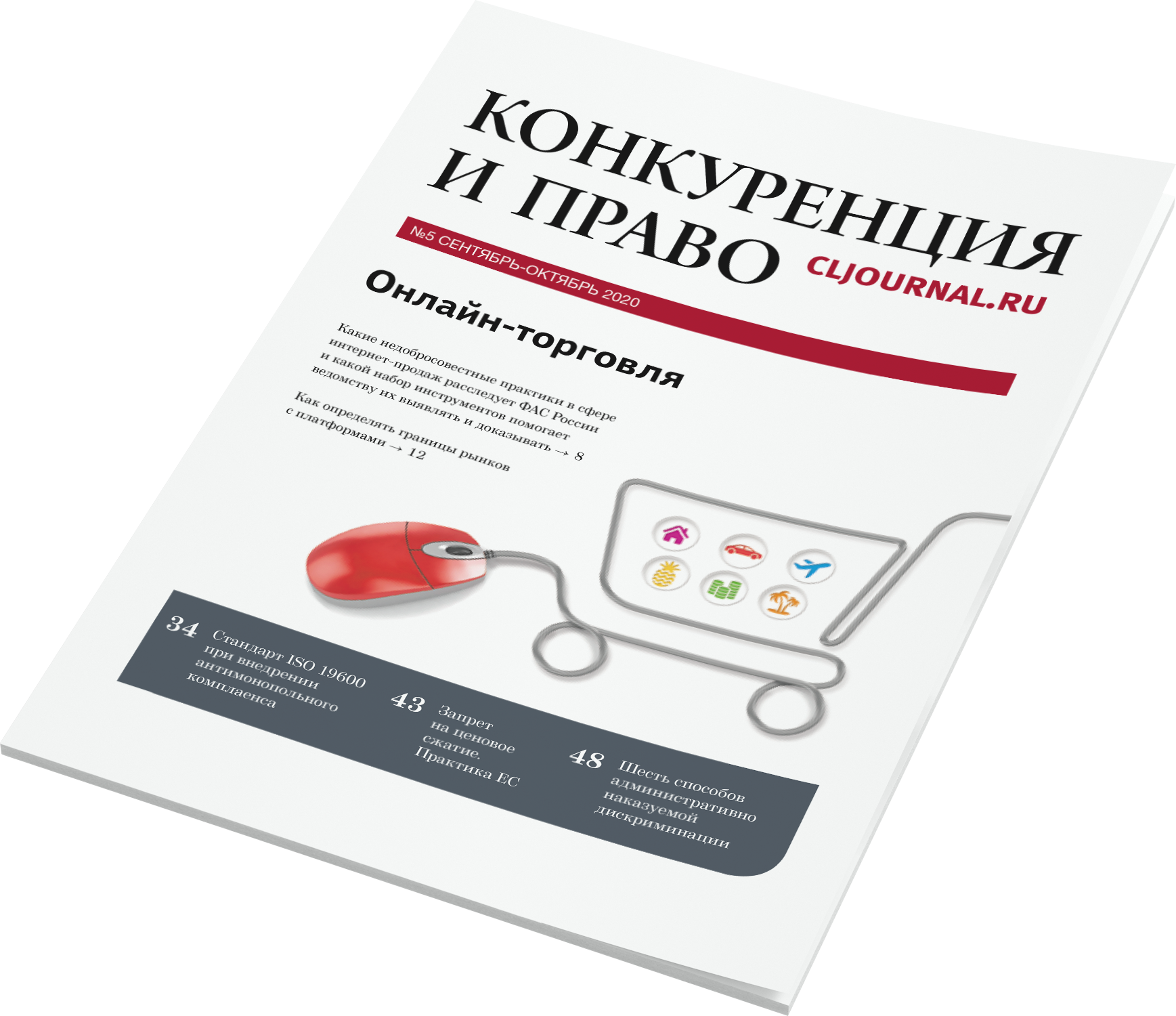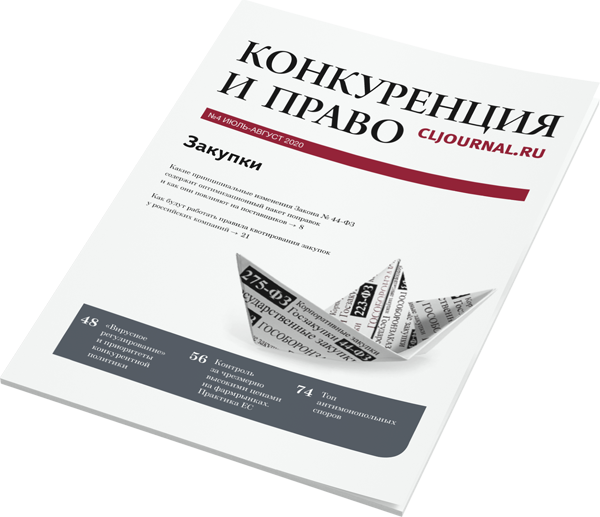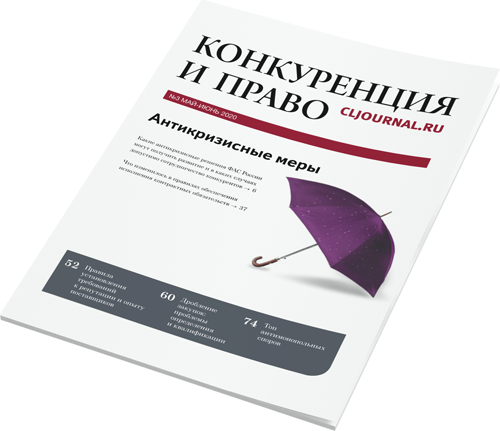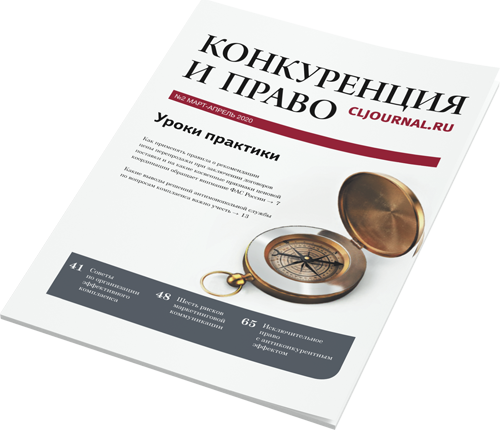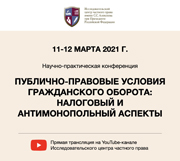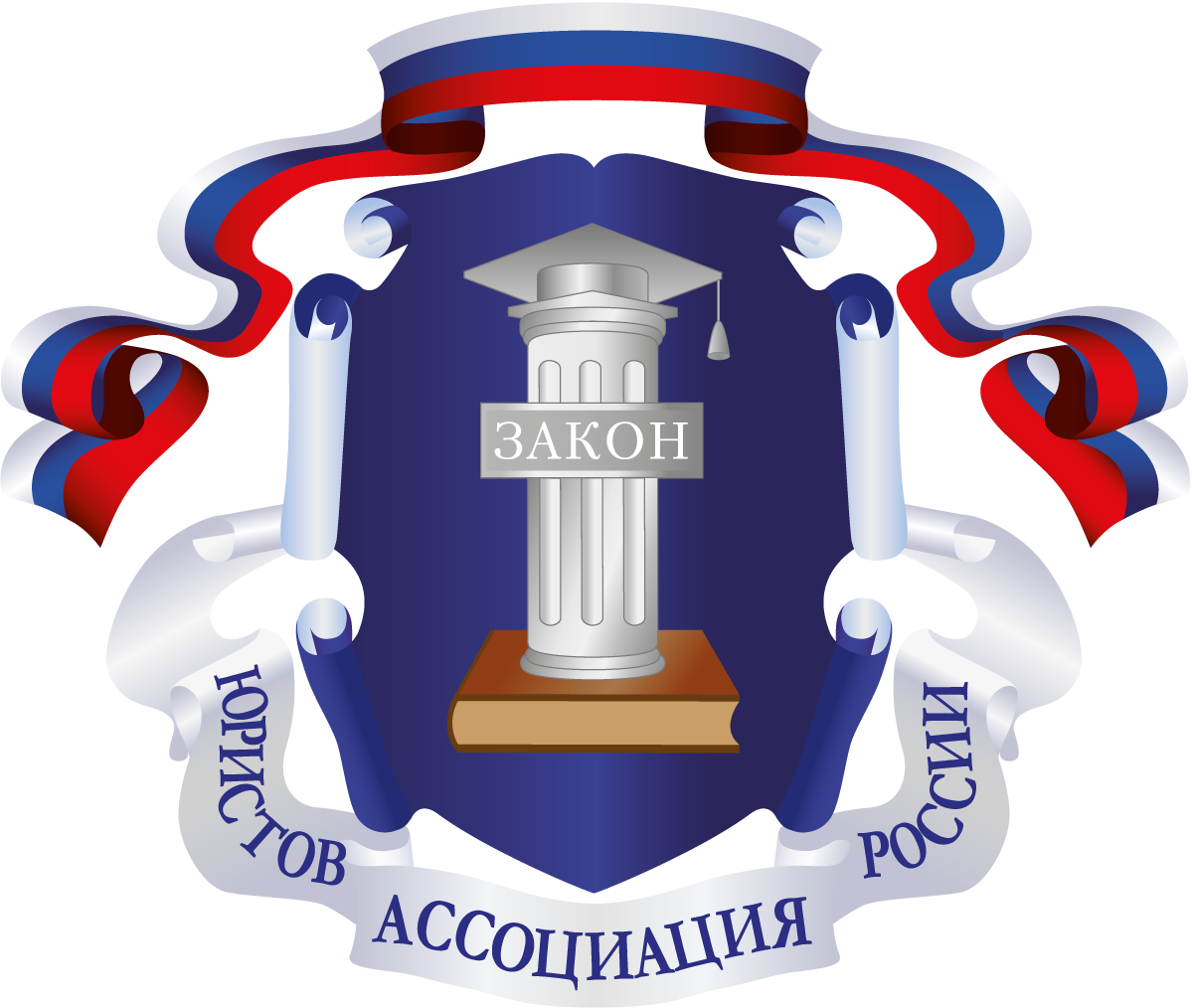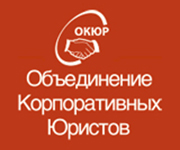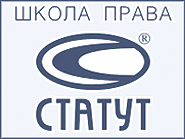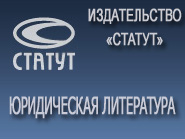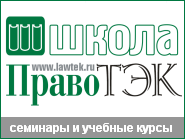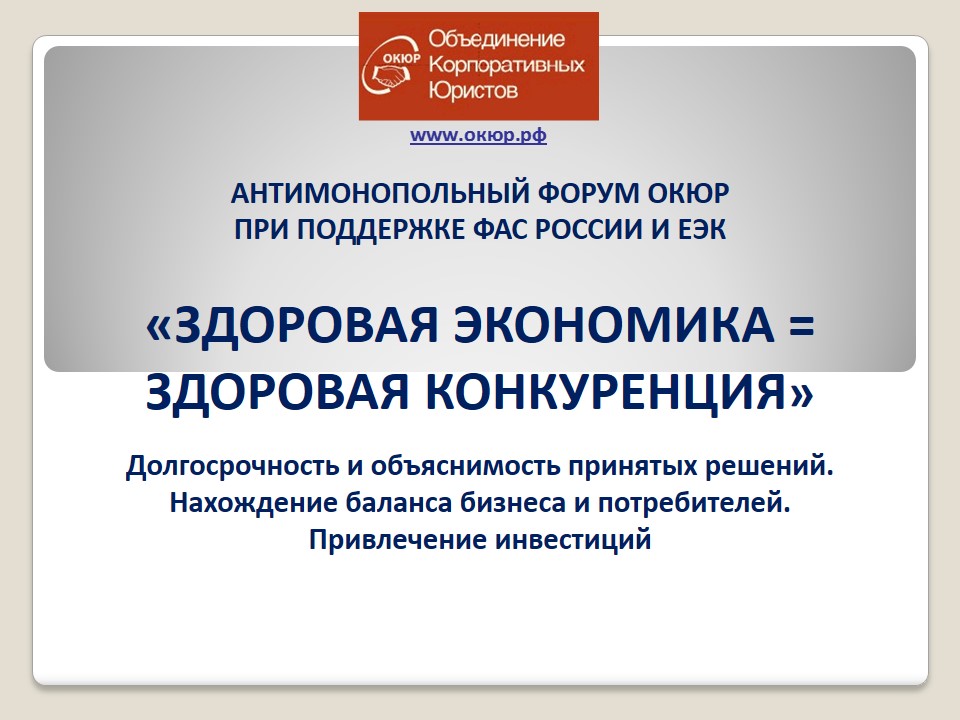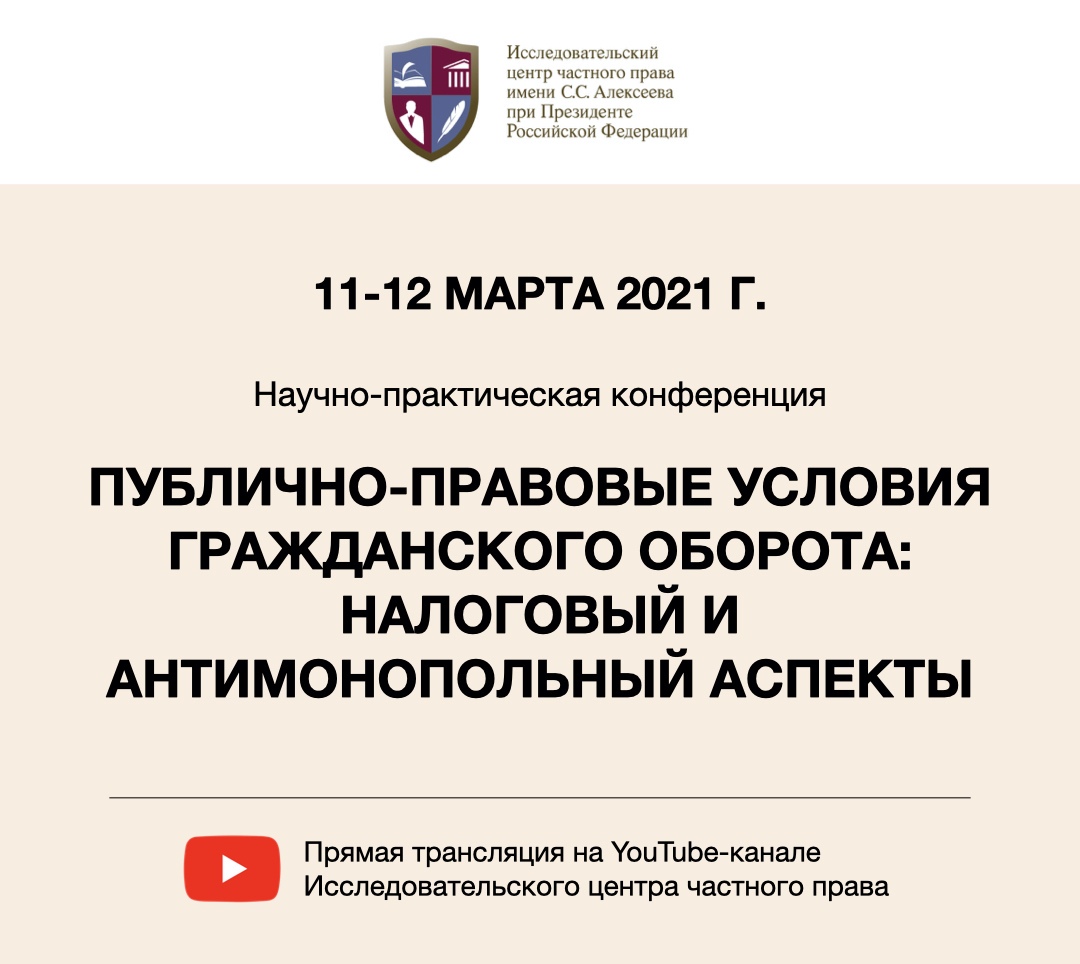|
||||||
 Elena Sokolovskaya, Chief Expert of Competition and Law journal The import substitution policy has been actively implemented as a way to address the sanctions since 2014. From then on, the state procurement area has been changed repeatedly, as its legal regulation allows for various restrictive and prohibitive tools to be used as a flexible system of incentives for Russian suppliers. Owing to the crisis caused by the COVID-19 pandemic it has again become a priority to support domestic manufacturers.
Since 2014 government agencies have adopted quite a few regulations prohibiting and restricting the use of foreign products in the public procurement process. The prohibitions affected engineering products, consumer goods, software, various goods, work and services for the needs of state defence and security, as well as furniture. At a later stage, the practice of prohibitions was extended to hardware and software data storage systems designed to be used at critical information infrastructure facilities, except in cases when the necessary software is not developed domestically. The restrictions have affected medical devices, medicines, food products and radio electronic goods. The ‘three is a crowd’ principle was used: an application with foreign goods was declined if there were two applications submitted by manufacturers from Russia or EAEU. At a later stage, the ‘two is a crowd’ principle was adopted that excluded imported products if there was at least one offer from Russia or EAEU. However, no adequate equivalence criteria were established. The above measures were in force only with respect to Federal Law No. 44-FZ “On the contractual system in the area of procurement of goods, work and services to provide for state and municipal needs” dated 5 April 2013. At that time the stringent restrictions with respect to the supplies of imported goods established in Federal Law No. 223-FZ “On the procurement of goods, work or services by certain types of legal entities” dated 18 July 2011 (“Law No. 223-FZ”) were not in line with a more flexible regulation of corporate purchases in which the industry specifics is of big significance. But in 2017 Law No. 223-FZ introduced the rule of priority for Russian goods with a 15% preference being provided in terms of the contract price except in situations when purchases were made from the sole supplier1. Yet, in practice there were difficulties connected with refusals to extend the priority treatment to goods from the member states of WTO and EAEU due to the lack of direct indication to that. At a later stage the Russian Finance Ministry stipulated special conditions for granting access to foreign products in the form of price preferences to manufacturers from EAEU2. At the same time, special
investment contracts (SICs) were also used in a number of industries as a form
of direct support to domestic manufacturers. Since 2016 parties to SICs have become able to act as sole suppliers in
purchases performed by state institutions3. Moreover, the
Russian Ministry of Industry and Trade planned to use standardisation in the
public procurement area when technical requirements are formed for state
purchases, purchases by state-owned companies and other market participants, so
that preference would be given to products complying with national standards. Despite the extensive measures, the import substitution policy has not yielded the anticipated positive effect. In critical technologies and sectors the dependence from foreign products did not merely remain at the same level, but even increased to a certain extent. Customers preferred to retain the same share of import to avoid the risk of acquiring lower-quality Russian equipment, components and spare parts. The adopted measures were predominantly one-sided and aimed at restricting the import, rather than at expanding the export potential and manufacturing goods that are able to compete with the foreign equivalents. In the area of procurement such mechanisms have proven to be of low efficiency and approaches to applying them need additional adjustments: so far they have only made it more complicated to apply for participation in procurement projects, which allowed the customers to use by-pass ways for purchasing imported products while formally remaining compliant with the regulations prohibiting or restricting the use of such products in the procurement process. Nevertheless, due to the crisis stemming from the difficult epidemic situation, among other things, the focus on import substitution has once again become an important part of the domestic policy. New prohibitions and restrictions have been stipulated in the Russian Government’s resolutions4 with respect to the purchases of foreign goods. Measures being proposed include introducing industry quotas and establishing minimum shares of domestic and Eurasian hi-tech products in the volume of purchases. Whether these measures will be effective will largely depend on the proper assessment of individual industries’ competitive ability. As the import substitution policy is being implemented, these tools, if used wisely, will allow for the national production companies’ degree of sophistication to be taken into account and for purchasing those products that the domestic market can supply at the given point in time. In the course of time this will change the level of demand for the goods of foreign suppliers. Such an approach will be instrumental in increasing the share of Russian products in the volume of customers’ purchases. In building commercial relationships with foreign partners when purchasing specific categories of goods, work or services that may fall under the established prohibitions and restrictions, businesses should clearly understand the increasing risks. In the light of the current legislative trends it is prudent to follow up on the measures being adopted by the government and the changing legal regulation to remain a good faith market participant. _________________ 1 Russian Government’s Resolution No. 925 “On the priority treatment of the goods of Russian origin, work performed and services supplied by Russian persons as against the goods of foreign origin, work performed and services supplied by foreign persons” dated 16 September 2016. 2 Russian Finance Ministry’s Resolution No. 126n “On the conditions for allowing the goods originating from foreign states or a group of foreign states to be used in public procurement for state and municipal needs” dated 4 June 2018. 3 Federal Law No. 365-FZ dated 3 July 2016 “On amending the Federal Law ‘On the contractual system in the area of procurement of goods, work and services to provide for state and municipal needs’ and individual items of legislation of the Russian Federation”. 4 Resolutions of the Russian Government No. 616
“On prohibiting the industrial goods originating from foreign states to be used
in public procurement for state and municipal needs…” and No. 617 “On
restricting the use of individual types of industrial goods originating from
foreign states in public procurement for state and municipal needs” both
dated 30 April 2020. 13 августа 2020 г.
|
|

